[This article contains major spoilers from the season finale of The Agency, “Overtaken by Events.”]
The season one finale of The Agency ends with Michael Fassbender’s Martian in nearly the same emotional space as he was when the show began: longing to be reunited with Dr. Samia Zahir (Jodie Turner-Smith), the Sudanese anthropology professor he fell in love with while stationed as a CIA operative in Ethiopia.
However, their inability to be together is no longer just a matter of distance and duty to one’s country, as it once was when Martian ended their relationship upon returning to his post in London to resume life under the cover of Paul Lewis. It’s now one of life and death, as Martian’s failed attempt to recruit Samia to the CIA has not only put her life in danger but also his own when he agrees to become a double agent for the U.K.’s Secret Intelligence Service in an attempt to save her.
The episode, aptly titled, “Overtaken by Events,” is an action-packed ending to a slow burn of an inaugural season that saw the CIA nab a major win by successfully executing Operation Felix and facilitating the return of Coyote (Alex Reznik), an agent who was held for ransom by a Russian mercenary group when his cover was blown in Belarus. Daniela “Danny” Ruiz Morata (Saura Lightfoot-Leon) also completed part one of her mission to uncover Iranian nuclear engineers, landing in Tehran, Iran, with her professor (Reza Brojerdi) where she’ll continue to work undercover. And Martian, who spent the season going rogue to satisfy his own personal interests, must now exist in a world where he ultimately answers to senior MI6 official James Richardson (Hugh Bonneville), who exploits his desperation for Samia and manipulates him into being his mole.
“This is a world where everybody’s playing chess against everybody else,” says John-Henry Butterworth, who co-created the Showtime espionage thriller, which is based on the French series Le Bureau des Légendes, with brother Jez Butterworth. “Martian treats [James] as a friend and asks him for a favor, and instantly this man weaponizes it and uses it against him. He sees Martian having a personal vulnerability and he uses it as a professional weakness and suddenly he’s on him, he’s controlling him and he owns him, and Martian has to try and get out of that trap in order to survive.”
Below, the Butterworths talk with The Hollywood Reporter about Martian’s decision to betray his country and what it symbolizes. They also dive into plot points for season two, following the show’s early renewal, including whether they’ll explore the global issues currently unfolding with the incoming U.S. administration.
***
Going back to the early stages of developmen, why did you choose to set the intelligence agency in London versus the U.S.?
JEZ Originally it was going to be in Italy.
JOHN-HENRY It was always about a foreign station house, so it was always not going to be in the U.S.
JEZ It was the U.S. abroad, and so we looked around for where it could be, and, of course, looked everywhere except on our own doorstep, and then discovered that it felt like the best place to set it for a whole bunch of reasons. One of them was that it would happen on our doorstep (laughs), but the main thing was this is based on a French original and when you’re looking for events and locales, it felt like it came into focus when we looked at it through a London lens.
One of the big changes from Le Bureau was bringing the global issues The Agency deals with into the present day. Were there any other major changes you made from the original in season one?
JOHN-HENRY There’s a huge, huge change geopolitically if you’re writing about America instead of France. The stakes are much greater. The effects that America can have, the shadow they have and the different theaters they’re interested in are much greater. So it becomes a very different story and it was that opportunity to write about places that were in the news right now. Like Ukraine and places that I felt quite strongly should be in the news and weren’t being covered enough in the Western news, like what’s going on in Sudan, that I think that we are seeing more coverage of now, but certainly when we sat down to write this wasn’t on the front page.
In season two, you’re heading into Iran where Danny’s journey as a new officer will continue. What might you explore there?
JOHN-HENRY She’s a really interesting character. Saura, the actress who’s playing her, is superb, an enormously talented young actor and the part has kind of been grown around that bit of casting.
JEZ It’s great fun, isn’t it, when somebody does it better than you imagined? And by the way, this is happening across the board. We are spoiled by our fellow storytellers. It just seems ridiculous when you think about it. You’re writing scenes for Jeffrey Wright, you’re writing scenes for Richard Gere, you’re writing scenes for Jodie and she’s bringing stuff to it that is so much greater than we imagined. We’ve had that experience before, but I don’t think to this intense and concentrated across-the-board degree. Sometimes, if you’re writing a film, you encounter that. But you never get the chance to revisit it. We’re already into the thick of writing season two, and it’s absolutely been informed by the talents and the magic that we’ve been presented with in season one.
In episode seven, Dr. Blake (Harriet Sansom Harris) suggests Naomi (Katherine Waterston) has romantic feelings for Martian that have blinded her ability to accurately assess his actions. Is she right?
JOHN-HENRY I think there’s a sense that a character like this in this environment has in different ways charmed and manipulated and created an attachment that is controlling with almost everyone he comes into contact with. Some of it is conscious and some of it is unconscious, and I’m fascinated by writing those types of characters. I think you keep changing your mind about what is and isn’t intentional with Martian. What’s an accident? What’s him playing the notes like a puppet master, what’s him just being able to move on the fly really fast and change his direction? I think that’s a fascinating question of who has fallen for him or what he’s doing and, is it real? I think that’s what’s at stake between him and Samia for the whole of their relationship: is what they experience the real thing?
JEZ That’s really at the heart of any good espionage, isn’t it? It’s the question mark of, did you mean what you just said or are you just saying what you just said? Is that truth or is that for effect? How am I being manipulated here? And that’s why people come to stories. I think stories are puzzles, the way you learn to spot lies, and spotting lies is almost the most essential tool you need in life, and it’s the hardest.
What does it say then that Samia wasn’t willing to betray her country to save her relationship with Martian, but he ultimately agrees to in the finale?
JOHN-HENRY I think there’s a purity to their relationship that she is the torch bearer for and that he spends, certainly most of the early stages of this story, trying to live up to and trying to bear the responsibility for in an honest way. And he’s not used to it. He’s not been living an honest life, he’s not been living a whole life, and he suddenly encounters this person who is, and it changes him.
JEZ This story equates betrayal of your country with becoming human. If you are willing to do that, you are willing to recognize the human in yourself. That’s what it kpresents you with. And then it throws up all the complications of that because at that point, your humanity is costing everybody around you and your country. So it’s a really, really phenomenal ambiguity where you can position drama endlessly.
Is Samia dead, as Osman (Kurt Egyiawan) claims in episode nine?
JOHN-HENRY I don’t want to spoil anything for anyone.
Henry (Jeffrey Wright) can sense Martian’s personal life is going off the rails a bit but he also gives him a lot of rope with which he somewhat hangs himself.
JOHN-HENRY It’s such a great relationship. I love the way that it develops. I love that it’s got deep roots and you sense that there’s a history between these men and that at some point [Martian’s] been a protégé of Henry’s and he’s somebody who’s taken him under his wing and taught him the ropes of this world. Then they start to come into conflict, and, as the story goes into season two, there’s more of an antagonism there. For much of season two, Henry’s actually hunting for him, trying to prove what’s happened towards the end of season one actually did happen. And it’s just another way of showing this conflict that Martin has running through his character like Brighton Rock.
I was having an early conversation with Michael Fassbender and I said as a sort of throwaway phrase that he loves his country, this is why Martian’s doing what he’s doing, and Michael just blinked and went, “but he met something he loved more,” and I suddenly felt goosebumps go up the back of my thing as he understood this on such a deep level that that’s what this story is about. I think Henry’s character sits there to remind you of the Martian who loved his country, that that’s where he comes from because Henry still will do anything for the agents. He is as pure as it gets in terms of his commitment to what’s going on and his self-sacrifice for the greater good. And what he starts to see in Martian is someone who maybe has a personal agenda that conflicts with that. That’s something you’re not allowed in the CIA.
That’s an important perspective because with each passing episode, I thought more and more, who would want to do this for a living in real life?
JOHN-HENRY That was one of our intentions. There is a genre out there, which is the spy movie or the spy show, and the second you meet real spies and real people who work in intelligence, you realize it bears no relation. We’ve got an advisor on this who actually was in the CIA for a while, and we were laughing about this. He’s like, “what is the spy genre?” There isn’t one really, because as soon as you’re driving a tank through Moscow with everybody chasing you, like happens in Bond films, you’re not a spy anymore. I don’t know what it’s called, but it’s not this. By its very nature, it’s secret and it’s quiet and it’s subterfuge, it’s second intentions, and trying to portray that is fascinating to me. Trying to portray the human cost to them. This is what they’re so good at, this group of actors, showing you that all of these other things that you’ve seen, there’s a different thing going on out there. And as we move into this period where all these countries that we are part of and are frightened of are all in conflict with one another, there is a group of men and women who are out there who are prepared for reasons I fully don’t understand to do this.
You said you’ve written most of season two already. Do you plan to implement aspects of what’s presently happening with the new U.S. administration into that?
JEZ We’re offset by a couple of years.
JOHN-HENRY There’s an offset, but the forces that have come to create what’s just happened there, it’s a definite factor. I think it’s dangerous to try to guess what’s going to happen next in the world with a show as fast as we’re doing it; it still takes a while to come out and I don’t think we’re trying to look into any crystal balls and work out what’s happening. It’s been enormously gratifying to see that the work that we did do hasn’t been superannuated or made inaccurate. I think that’s the challenge with writing a show that’s set in the last five minutes.
But I think it’s fascinating what’s happening in America at the moment. It’s going to have a big bearing on everything. I grew up in a period in the ’90s and, internationally speaking, it was quite boring. The golden age of espionage that John Harry wrote about was over around 1989 when the Berlin Wall came down. But we’re entering another golden era. Espionage now is more important than ever. I thought that human espionage was going to stop when technology caught up with everybody. But I think that being able to disappear off a grid where everyone’s under surveillance, got it in their pocket, is now the most valuable thing in the world.
Have you heard any feedback from Éric Rochant, the creator of the original series, or anyone else who worked on it?
JOHN-HENRY I met the producers in London, and it was nerve-wracking that he was going to be watching it because there’s a responsibility to the original show, which we both thought was wonderful and we wanted to live up to, and he was delighted.
JEZ I sat next to him at the premiere in New York and the lights came down and he did not double his fist and punch me in the face. That was a relief.
***
All episodes of The Agency are now streaming on Paramount+ with Showtime.





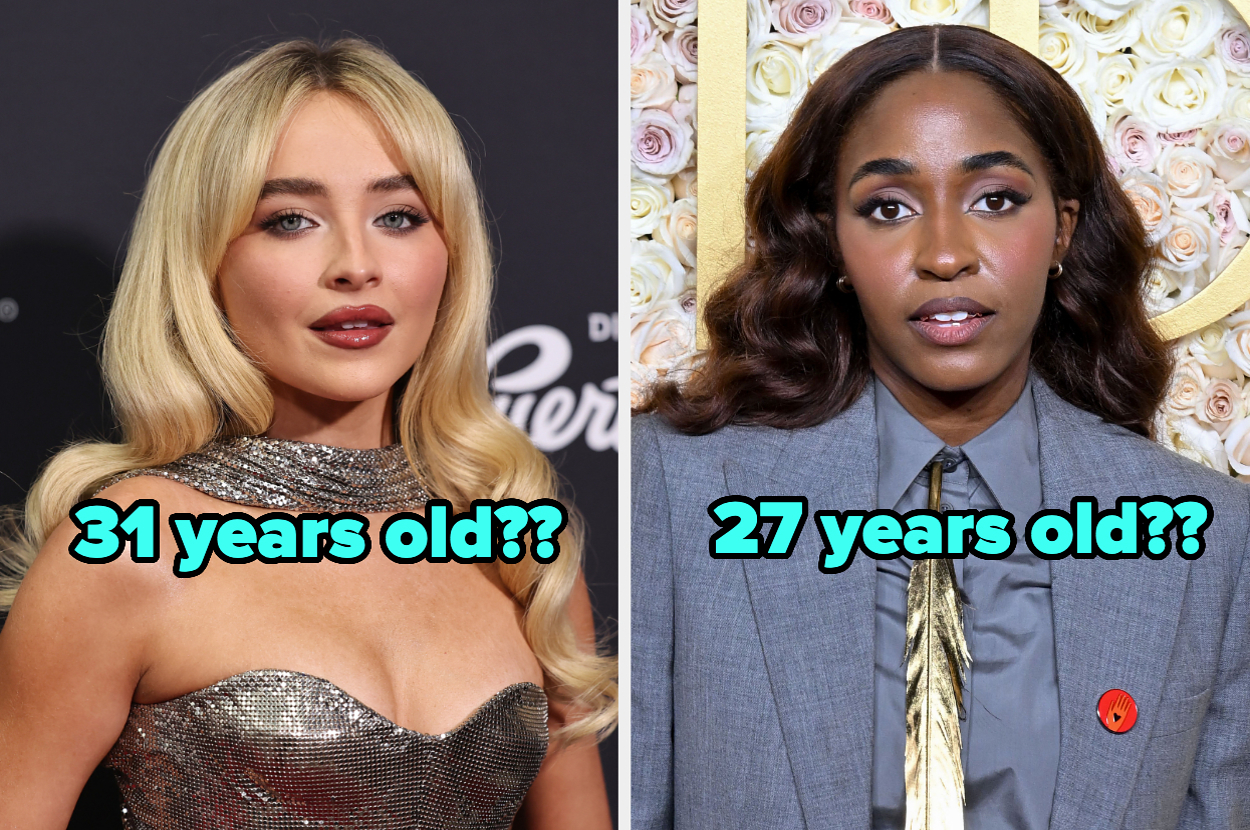






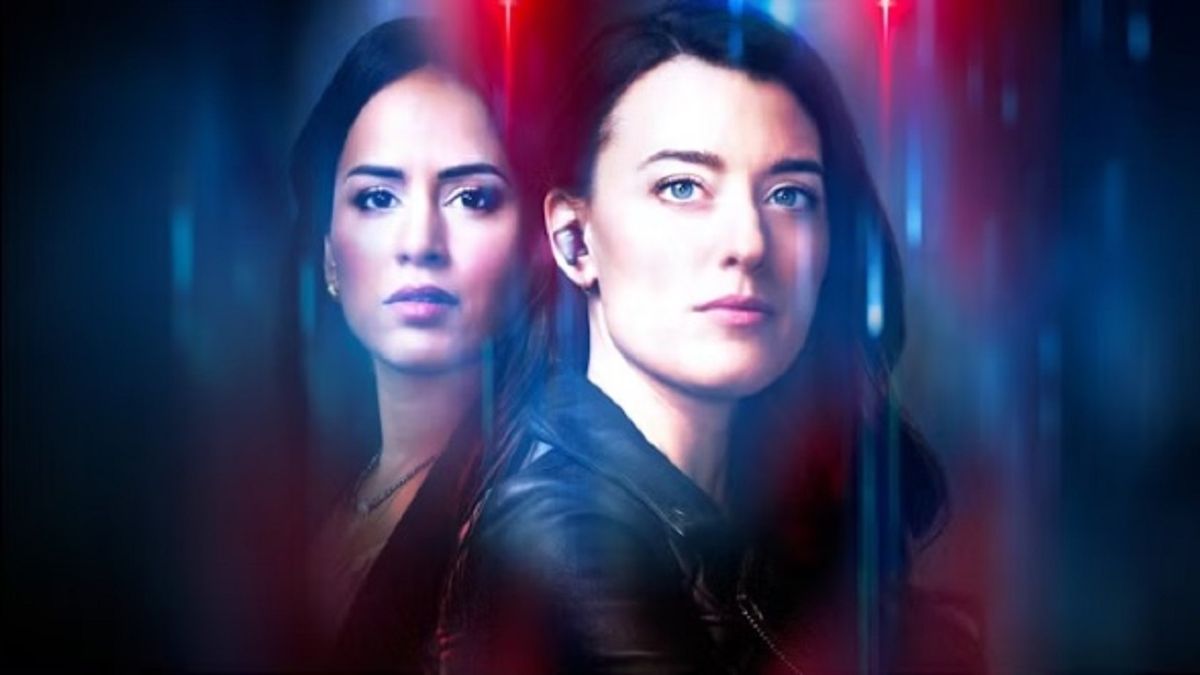
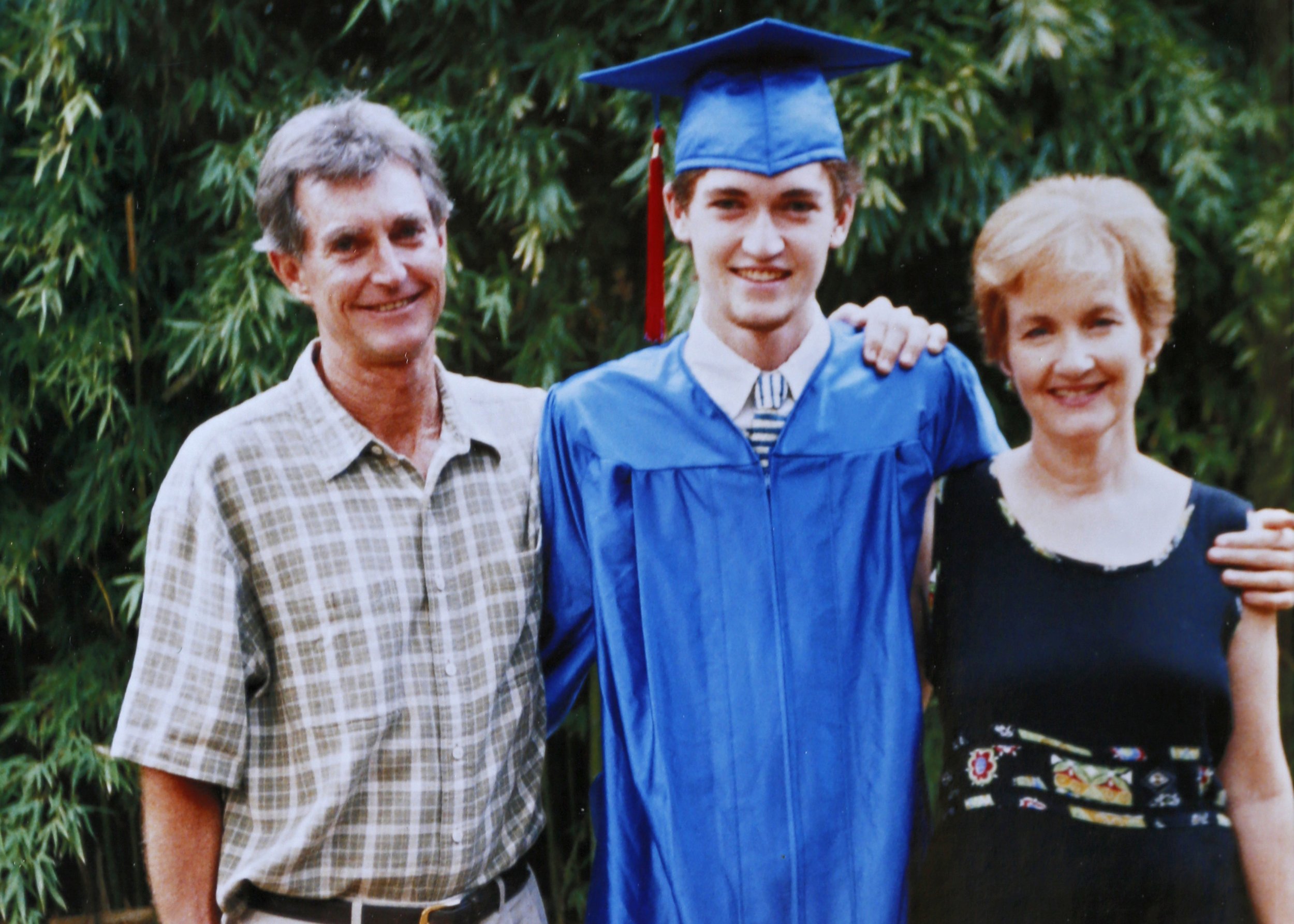

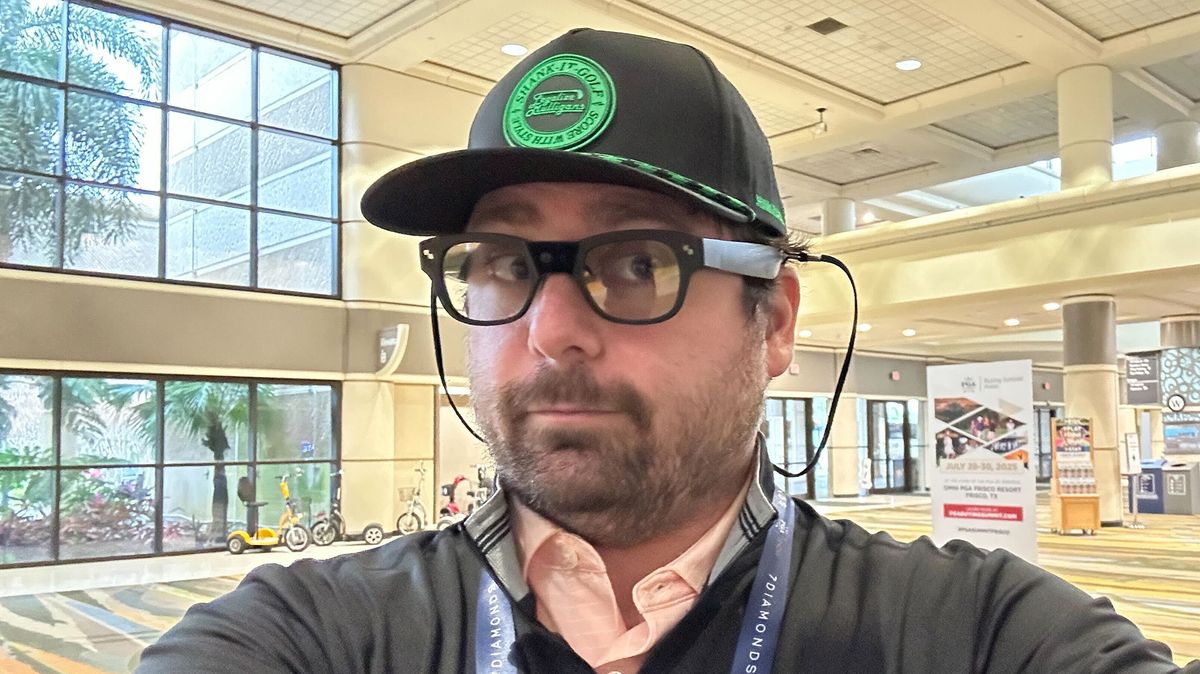
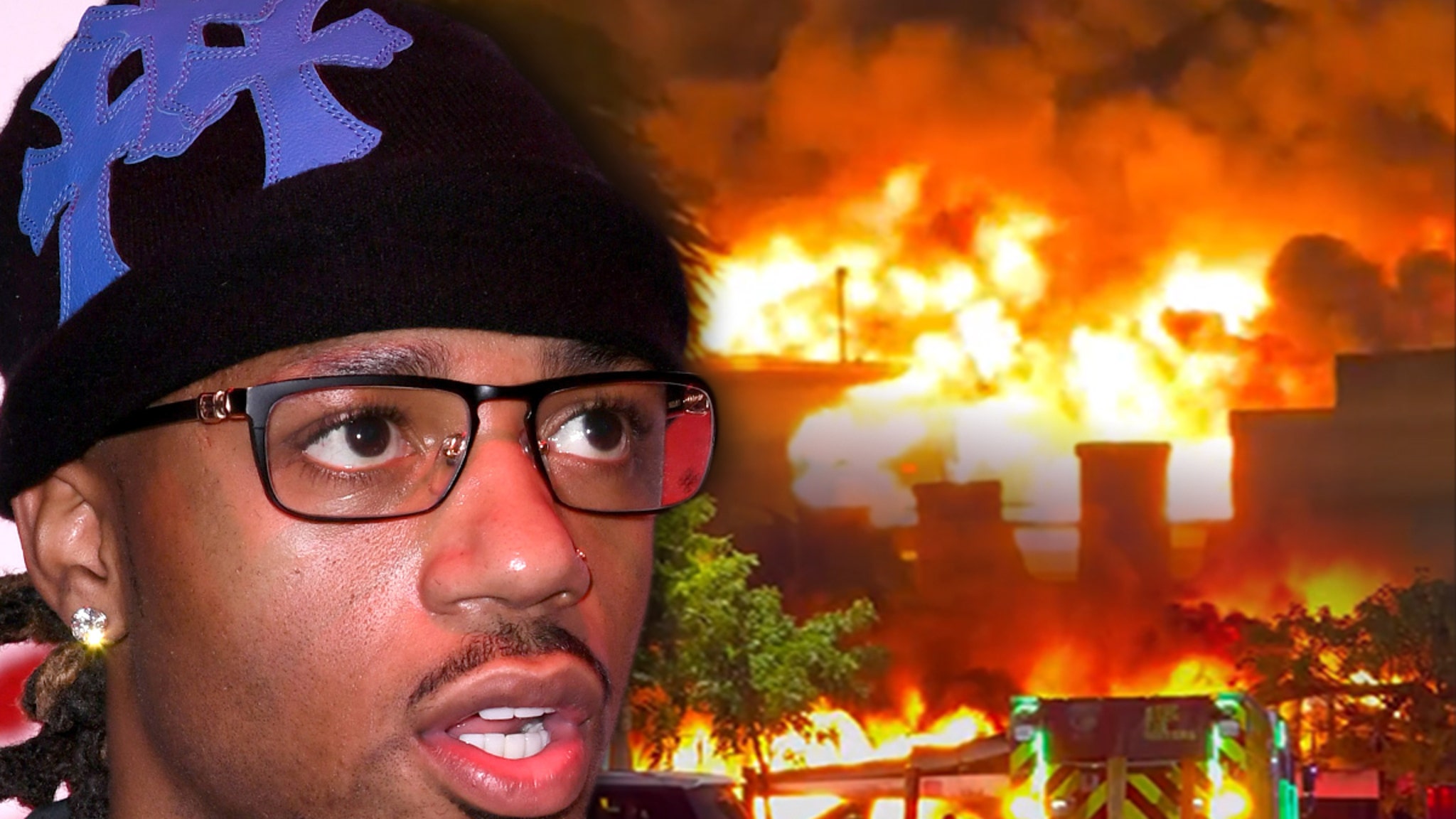



 English (US) ·
English (US) ·